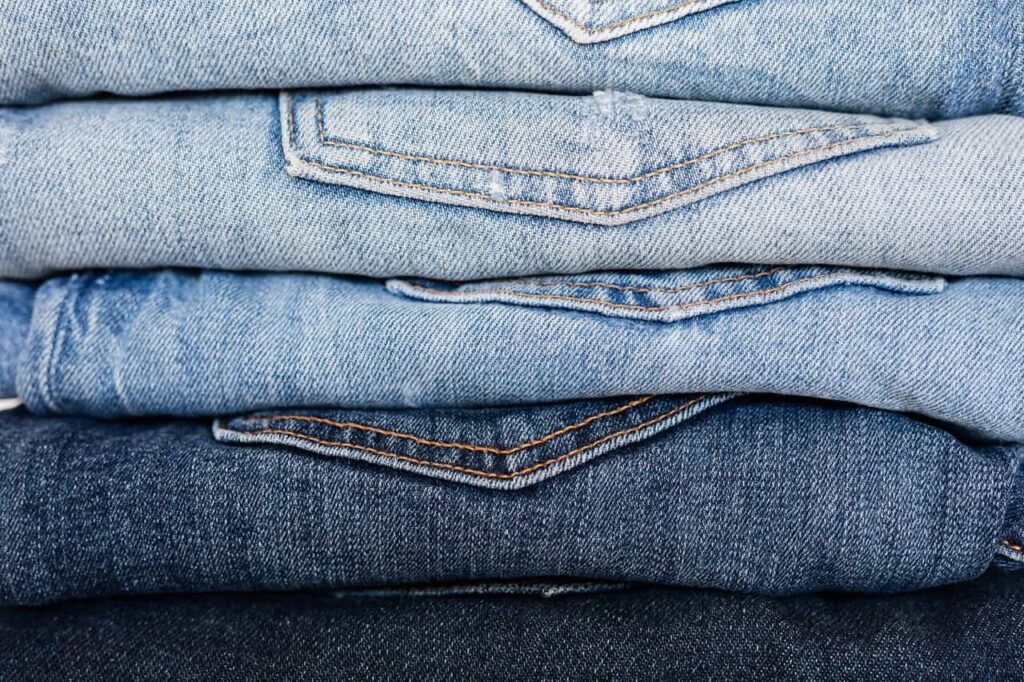BLOGI
Let's talk TENCEL
Firstly, Tencel® is not a name for a new fiber or fabric, but it’s actually a trademark for a type of lyocell or modal. These are natural cellulose fibers found in wood pulp from certified Eucalyptus tree farms.
Created by Austrian textile company Lenzing AG, Tencel is soft as silk, smooth to touch, strong and durable fiber with a beautiful drape.
Tencel® fibers are more breathable and less susceptible to odorous bacteria growth, making them ideal for activewear. That’s why they have become the go to fabrics for many ethical and conscious clothing brands.
Sounds great, right? There’s even more to it. Tencel® fibres are certified as compostable and biodegradable, and in the right conditions can fully revert back to nature.
Even its manufacturing process doesn’t cause much harm – Tencel® textiles are created through the use of nanotechnology in an award-winning closed-loop process that recovers or decomposes all solvents and emissions.

Tencel® fibres are certified as compostable and biodegradable

Is UPCYCLING just another fancy word?
Shortly, upcycling describes an act of taking something no longer in use and transforming them into new materials or products of greater quality – such as artistic value or environmental value.
In the world, where climate change has become a household name, there’s no denying it: upcycling, recycling, sustainability or in other words, circular business model, is becoming increasingly important. As a result, a growing number of ethical and sustainable fashion brands are arising to both meet the demand and help change the fashion industry for the better.
And where there is a demand there will be supply. There would not be anything wrong about this, except for the fact that while these brands may appear to operate sustainably on the surface, their underlying goals remain the same: to sell as much as possible to as many people as possible.
For example, in 2018, a very well-known fast-fashion brand overproduced “just about” 3.7 mld euros worth of goods. Such a huge output puts a strain upon the environment in varying ways. To make just one t-shirt, for instance, takes 2250L of water – as much one person could drink in 2.5 years.
